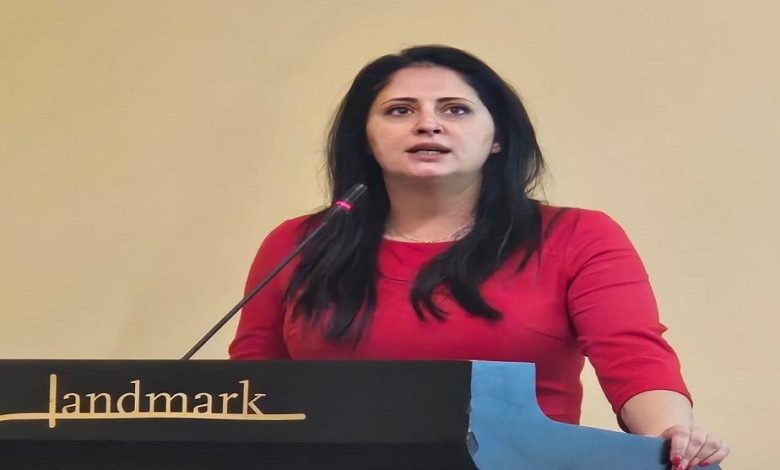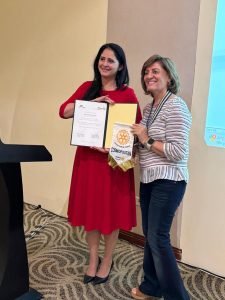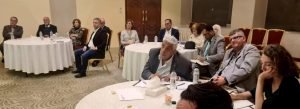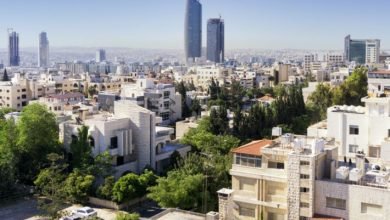
By : Daoud Kuttab
Jordan Daily – As violence escalates across the Middle East, Jordan is increasingly under pressure from regional instability, cross-border threats, and domestic unrest.
Speaking at the Rotary Club of Amman Cosmopolitan on April 30th, Security Expert Katrian Sammor warned that the kingdom is facing “a perfect storm” of radicalization, economic disenfranchisement, and geopolitical vulnerability.
“Everything in Jordan is viewed through a security lens,” said Sammor. “Modernization here is not about democracy in the Western sense—it’s about inclusion. The aim is to pull people, especially the angry and the disenfranchised, into a framework where they feel represented, or at least heard.”
Jordan, a small state with few natural resources and a sensitive demographic balance, has long relied on diplomatic relationships and security guarantees to survive. According to Sammor, Jordan’s foreign and domestic strategies are driven by realpolitik, not ideology. “Unlike EU-member small states or Singapore, Jordan doesn’t have institutional umbrellas or economic independence. It survives on regional diplomacy and international support.”

Jordan’s youth population is a growing concern—often described as “young, online, and jobless.” With limited job opportunities and rising living costs, many young Jordanians find themselves in prolonged “waithood,” unable to marry, move out, or establish independent lives.
“In our society, adulthood doesn’t begin until you can provide for a household,” Sammor explained. “Without economic empowerment, you don’t just have unemployment, anger, and alienation. And that creates fertile ground for radicalization.”
The ongoing war in Gaza has amplified these tensions. Sammor noted that Israel’s shift in posture—from cooperative to expansionist—has major implications for Jordan, particularly as settler movements gain influence in the Israeli military and judiciary. “We’re seeing an emboldened settler agenda that seeks to expand territory and diminish Palestinian presence, including through actions in Gaza and the West Bank. This puts pressure on Jordan politically and socially.”
A cornerstone of Jordan’s internal equilibrium is its custodianship of the Islamic and Christian holy sites in Jerusalem, a key pillar of legitimacy for both East Bank tribal communities and Jordanian citizens of Palestinian origin. That role, however, is increasingly challenged as Israel changes its approach to East Jerusalem and regional dynamics shift.

Internally, the Gaza conflict is also being weaponized by extremist groups. ISIS and Al-Qaeda are exploiting the emotional trauma and perceived helplessness felt by young people in Jordan. Sammor highlighted a troubling rise in online Islamic apocalyptic narratives centered around Syria, particularly Damascus, with children and teenagers as young as 14 being targeted.
“ISIS is no longer trying to build a caliphate—it’s focused on creating chaos,” Sammor said. “They don’t need to recruit thousands. They just need a few angry, misguided individuals to cause disruption. Al-Qaeda, meanwhile, is undergoing a rebranding campaign. They’re trying to reclaim moral high ground by presenting themselves as defenders of Gaza and Muslims everywhere.”

